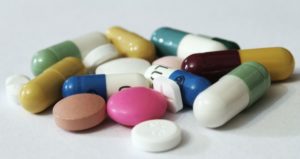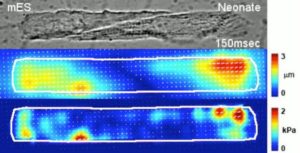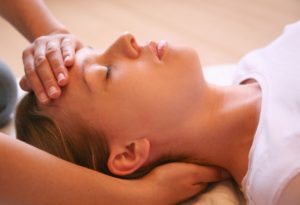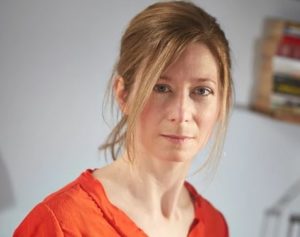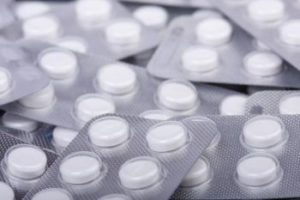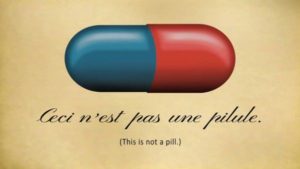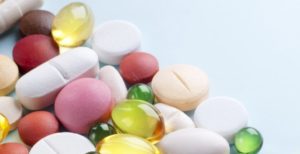
An interesting distinction between ‘pure’ and impure’ placebos! (Universal Placebos are unapologetically PURE!)
“A pure placebo is a straightforwardly fake treatment – a saline injection or a sugar pill, for instance, that is represented as a drug.
An impure placebo is a substance or treatment that does have clinical value, but not for the condition for which it is being prescribed.
Impure placebos can be vitamins, nutritional supplements, antibiotics for viral infections, sub-clinical doses of drugs, unproven complementary and alternative medicines, or unnecessary blood tests to calm an anxious patient.”
A UK survey in 2012 showed that 1% of GPs use ‘pure’ placebos at least once a week, and an extraordinary 77% use ‘impure’ placebos at the same rate (though we suspect that’s often the habit of prescribing so-called ‘useless’ antibiotics for viral infections).


